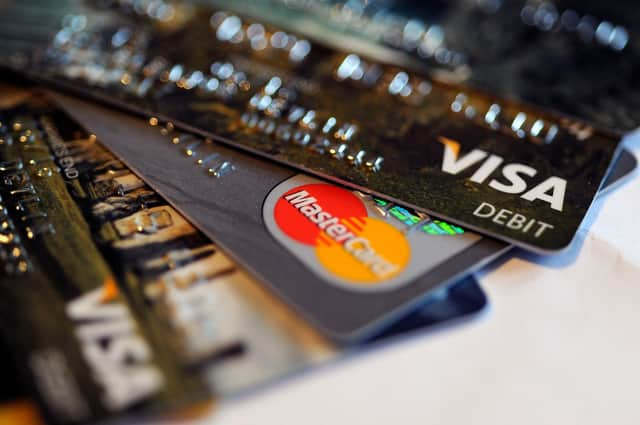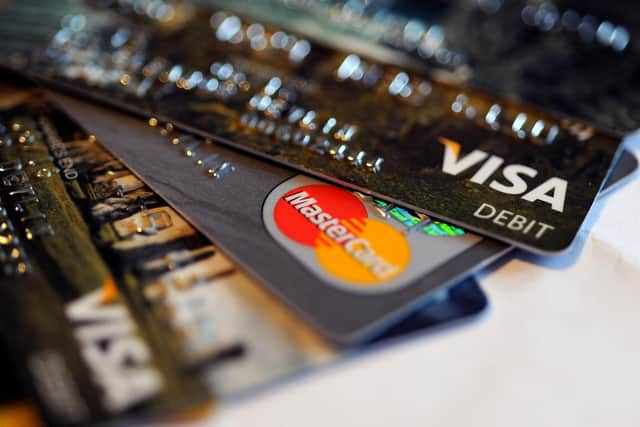When purchases go wrong know your consumer rights to claim a refund - Gareth Shaw


A This is a crazy situation, and very poor practice from the retailer. It would be understandable that it would want to ensure that items were returned to them before processing a refund, but should that really be extended to the receipt of items that had no relation to what you ordered and, I assume, a significant gap in value.
You have rights enshrined in law to help you get your money back when you return items, and also when items are damaged or go missing. Under the Consumer Contract Regulations 2013, you should get a refund within 14 days of either the trader getting the goods back, or you providing evidence of having returned the goods (for example, a proof of postage receipt from the post office), whichever is sooner.
Advertisement
Hide AdAdvertisement
Hide AdIf the retailer has offered to collect the goods, it should refund you 14 days from the date you informed it you wanted to cancel the contract. So, this means you don't have to wait for the retailer to have collected the goods to get your refund.


Under the Consumer Rights Act of 2015, you should receive goods that are fit for purpose, of satisfactory quality and as described. If an item fails to meet any of these criteria, you have a claim under the Consumer Rights Act. Your rights under the Consumer Rights Act are against the retailer – the company that sold you the product – not the manufacturer, so you must take any claim to the retailer.
You can claim a full refund if you claim within 30 days of receiving the item. If you claim between 30 days and six months, you must give the retailer one opportunity to repair or replace the item, before you can claim a refund. After six months, you can still claim a partial refund, repair or replacement, but the burden of proof that the item is faulty falls on you.
Which? publishes template letters to help people make claims under both the Consumer Contract Regulations and the Consumer Rights Act, at which.co.uk/delivery-rights. You should draft a complaint to the retailer, demanding a refund under your rights.
However, if the retailer doesn’t budge, there are other ways to get your money back, though this will depend on how you paid for the item. If you paid by debit card, you can ask your card issuer to initiate a chargeback, which means that your bank claws the money back from the retailer. You’ll need to supply evidence, and the scheme is not enshrined in law – it’s part of a set of rules that banks and debit card providers subscribe to.
If you paid by credit card and the amount you spent was over £100 and less than £30,000, you can claim your money back under Section 75 of the Consumer Credit Act. This makes your credit card legally jointly liable with the retailer – it shares equal responsibility with the retailer or trader for the goods or service supplied, allowing you to put your claim to the credit card company for a refund. It can even be done alongside making a claim for a refund from the retailer, although you can’t be refunded twice.
A word of warning though – if you paid on your credit card via a third-party payment processor, such as PayPal, you may not be entitled to claim via Section 75, because the link between the credit card provider and the retailer is broken.
There is a final route – the Furniture and Home Improvement Ombudsman. This organisation mediates disputes between consumers and businesses where you are unhappy with the outcome of a complaint. It can investigate your complaint, and force the business to take action if it agrees it has made the wrong decision.
Gareth Shaw is Head of Money at which.co.uk
Comments
Want to join the conversation? Please or to comment on this article.